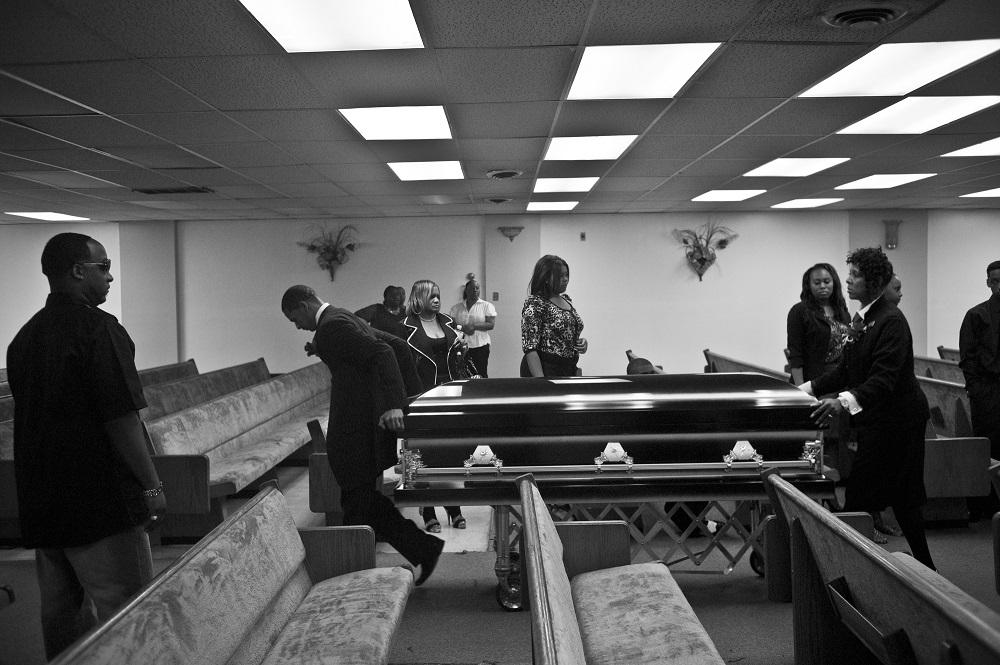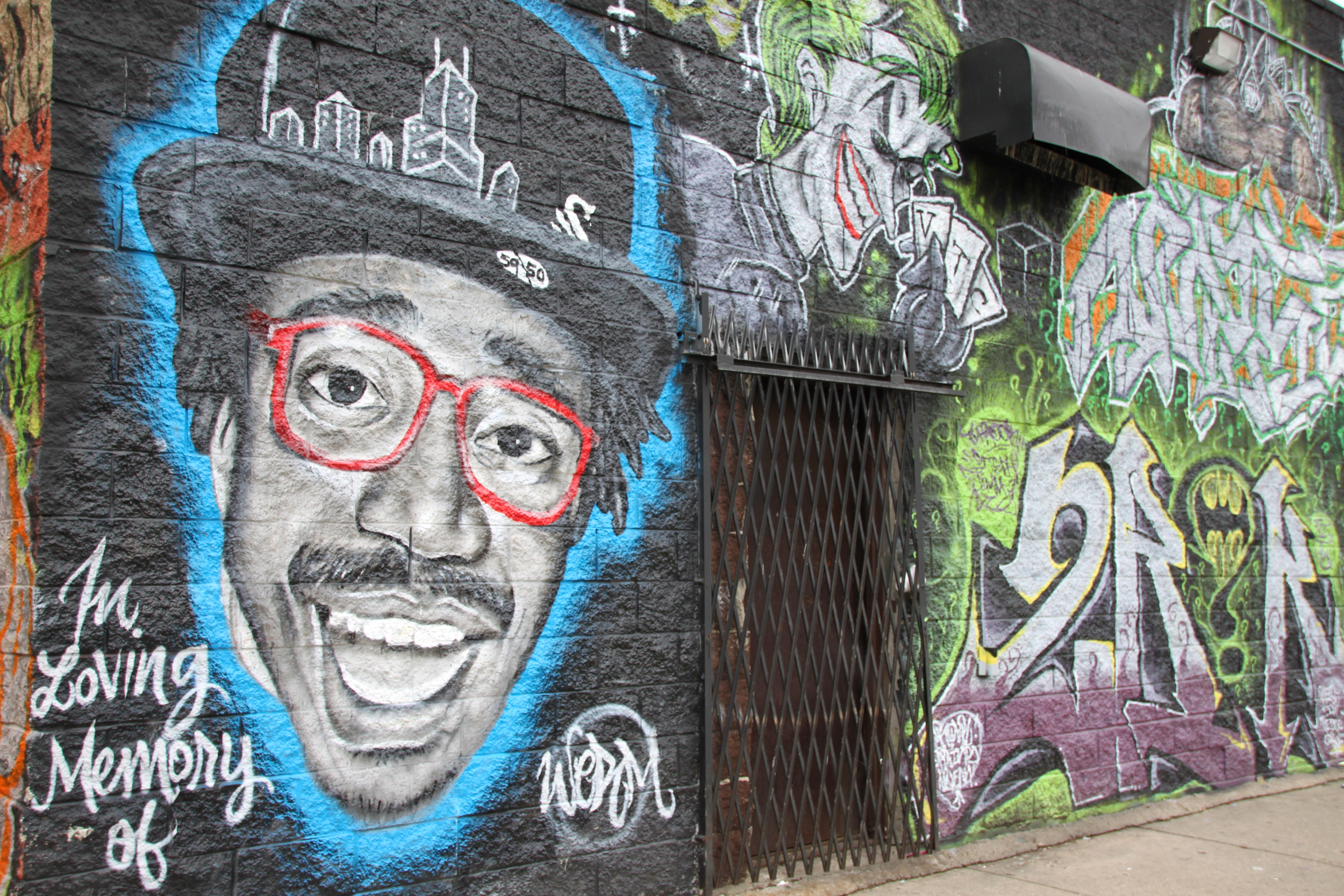
I knew the numbers before I arrived in Chicago this year: 506 homicides last year. Sure, statistics don't lie, but still I thought that when I came to Chicago to conduct research on gun violence those murders could be nothing but a coincidence of a lot of bad circumstances in one horrible year. I quickly learned that was not the case. It is actually much worse.
I am German and live in Berlin, a city slightly larger than Chicago but with a fraction of the homicides. In 2012, 801 people were murdered — in all of Germany.
I expected Chicago to be gruesome with its headline-grabbing murder rate. It was not. Maybe it was because I was not living in a neighborhood plagued by guns, gangs and violence. I lived in picture-perfect Ravenswood Manor, where the only problem might be the overpriced latte. If I hadn't come to the city to research gun violence, I could have lived here for two months with the illusion that it was violence-free.
In so many ways, this is a beautiful city that is full of invisible walls. Sadly, I came to believe that a fair share of Chicagoans seem to care little about gun violence — as long as no one is shot on the oh-so-Magnificent-Mile on North Michigan Avenue. Way too often I came across the argument that it's just bad people shooting bad people. Yes, a lot of people make bad choices and, sure, a lot of people choose their way of living knowing exactly what they are doing — and liking it. But a 4-year-old girl who visits her father every week at the Cook County Department of Corrections does not choose this kind of life. It was made for her.
In Chicago, perpetrators become victims and victims become perpetrators. From my perspective, this is one of the central problems when it comes to violence. Take Juan (whose name I have changed). He's 21. I visited him in jail where he has been locked up for months waiting for his trial on attempted murder charges. He tried hard to escape the Back of the Yards. He tried to make a living as a construction worker outside of Illinois. But he returned home, to his family.
In his mother's living room there is a shrine to remember Juan's cousin, who was 14 when he was shot to death on a playground.
Did Juan take revenge for his cousin's murder? A jury has to decide that, but it will be months before he finally goes to trial. Did Juan make bad decisions? Probably. Is he just a bad person? Certainly not. Should society give up on him?
It seems to me that, for a lot of people, the answer to those questions is often "yes."
It is human nature to ignore Chicago's gun violence as long as the shooting stay in the "bad" neighborhoods. Don't take the "L" down south — that was the advice I always heard when I spoke about visiting less-fortunate neighborhoods.
I ignored the advice and nothing happened to me except that I got to know the city. I discovered that it's not just money that needs to be thrown at these neighborhoods. They need economic opportunity, education, health care. They need a Chicago that is not a segregated city.
They need people who care. Take a different path, reach over the walls.





